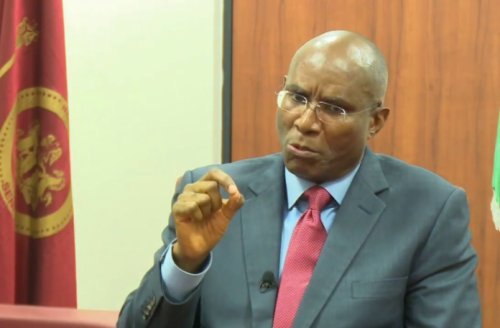The Senate Ad-Hoc Committee on the Review of the 1999 Constitution has extended the submission of memoranda by two weeks.
A statement from the Office of the Deputy President of the Senate, Sen. Ovie Omo-Agege, who is the committee’s chairman, indicates that memoranda would now continue to be received until Sept. 25.
The statement was signed by Yomi Odunuga, Special Adviser Media and Publicity to the Deputy President of the Senate .
The statement indicated that the earlier slated deadline for submission of memoranda was Sept. 11.
It, however, noted that the new deadline of Sept. 25 was in response to appeals by stakeholders from various parts of the Federation.
Giving further explanation, it stated that the extension of a deadline would accommodate those who requested for more time to bring their memoranda forward.
“The request for an extension of the deadline was approved as part of measures to further strengthen the constitution review process and widen opportunities for more groups and individuals to be involved.
Read Also:
Wike Takes Major Decision On Dormant Health Facilities In Rivers
“As stated earlier, all proposals or memoranda are to be submitted to the Secretariat of the Committee in Room 0.28, Senate New Wing at the National Assembly Complex. Abuja.
“Submissions can also be made electronically through the Committee Secretariat’s WHATSAPP LINES: 08033109357 / 08097522601, and email: [email protected].
It further clarified that the memoranda being expected should focus on any of the following 13 thematic areas:
“Gender equality for women and girls; Federal structure and power devolution; local government and its autonomy.
“Others are: public revenue, fiscal federation and revenue allocation; Nigerian Police and Nigerian security architecture, as well as comprehensive judicial reforms.
“Electoral reforms; socio-economic and cultural rights as contained in Chapter 2 of the Constitution.
“Strengthening the Independence of oversight institutions and agencies created by the constitution or pursuant to an act of the National Assembly; residency and indigene provisions; immunity; National Assembly and state creation.”

